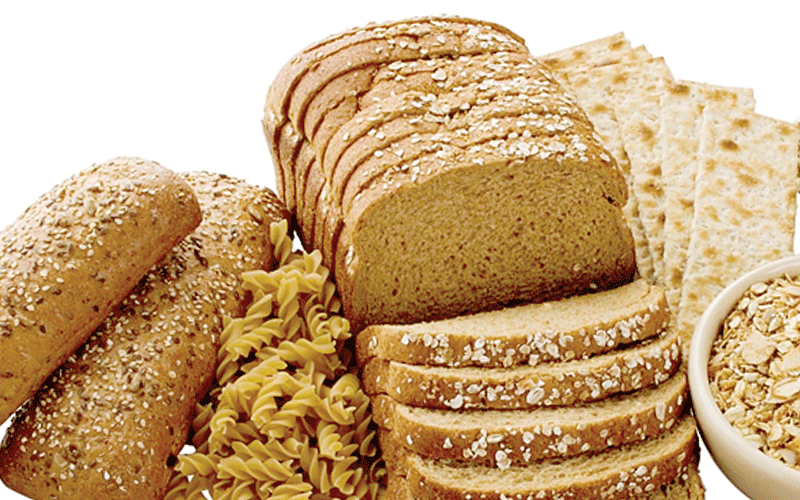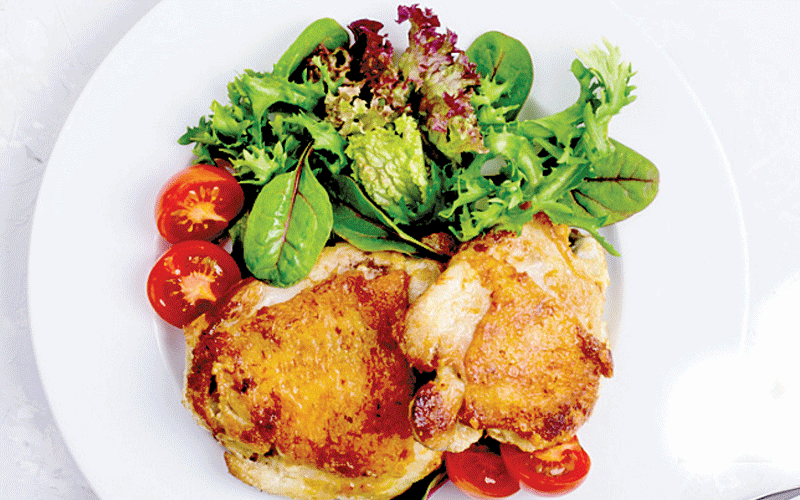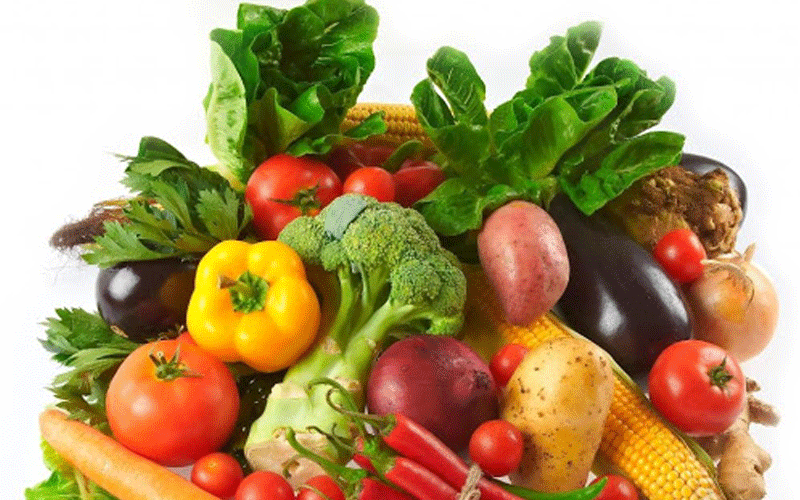Ten ways to keep healthy while in self-isolation over Covid-19
By Milliam Murigi, April 9, 2020As countries take stricter measures to contain the spread of Covid-19, limited access to fresh foods may compromise opportunities to continue eating a healthy and varied diet. It can also potentially lead to increased consumption of highly processed foods, which tend to be high in fats, sugar and salt. Our writer Milliam Murigi gives tips to ensure you continue to eat healthy during this self-isolation period as outlined by the World Health Organisation
Make a plan and take only what you need
Multiple cases of over-purchasing have been observed throughout the country. Panic buying behaviour may have negative consequences, such as an increase in food prices, overconsumption of food and unequal distribution of products.
It is, therefore, important to consider your own needs, as well as those of others. Assess what you already have at home and plan your intake.
You might feel the need to purchase large amounts of foods, but make sure to consider and utilise what is already in your pantry, as well as foods with shorter shelf life.
This way, you can avoid food wastage and allow others to access the food they need.
Prioritise on fresh products
Use fresh ingredients and those that have a shorter shelf life first. If fresh products, especially fruits, vegetables, and reduced-fat dairy products continue to be available, prioritise these over non-perishables.
Frozen fruits and vegetables can also conveniently be used over longer periods of time and often have a similar nutrient profile to fresh foods.
To avoid food waste, you may consider freezing any leftovers for another meal.
Prepare home-cooked meals
During regular daily life, many individuals often do not have the time to prepare home-cooked meals.
Spending longer periods of time at home may now offer the possibility to make those recipes you previously did not have time to make.

Take advantage of the wealth of freely available information, and experiment with the ingredients you can access.
Be aware of portion sizes
It can be difficult to get portion sizes right, especially when cooking from scratch.
Being at home for extended periods, especially without a company or with limited activities can lead to overeating.
Always ensure you eat the right portions, but don’t starve yourself. Also, be mindful that young children will need smaller portions.
Avoid or reduce alcohol consumption
Alcohol is not only a mind-altering and dependence-producing substance, harmful at any level consumed, but it also weakens the immune system.
Thus, alcohol use and, especially heavy use undermines your body’s ability to cope with infectious disease, including Covid-19. It is recommended that alcohol, in general, be avoided, but especially when in self-quarantine.
Under no circumstances should you consume any type of alcoholic product as a preventive or treatment measure against Covid-19.
Limit salt, sugar intake
The availability of fresh foods may decrease and it may, therefore, become necessary to rely more on canned, frozen or processed foods. Many of these foods contain high levels of salt.
World Health Organisation (WHO) recommends consuming less than five grams of salt per day. Prioritise foods with no added salt.
You may also consider rinsing canned foods such as vegetables and beans, to remove some of the excess sodium.
For sugary things, if you crave something sweet, fresh fruit should always be the priority.
Frozen fruits, canned fruits in juice rather than syrup, and dried fruits with no added sugar are also a good option.
Watch your fat intake
WHO recommends limiting total fat intake to less than 30 per cent of total energy intake, of which no more than 10 per cent should come from saturated fat.
To achieve this, opt for cooking methods that require less or no fat, such as steaming, grilling or sautéing instead of frying foods.
If needed, use small amounts of unsaturated oils like canola, olive or sunflower oil to cook foods.

Better you need to prefer foods that contain healthy sources of unsaturated fats, such as fish and nuts.
To limit saturated fats, trim excess fat from meat and poultry and choose skinless options.
Reduce foods such as red and fatty meats, butter and full-fat dairy products, coconut oil among others.
Consume enough fibre
Fibre contributes to a healthy digestive system and offers a prolonged feeling of fullness, which helps prevent overeating.
To ensure an adequate fibre intake, aim to include vegetables, fruit, and wholegrain foods in all meals.
Enjoy family meals
The social distancing occasioned by Covid-19 outbreak has meant that many families are spending more time at home, which provides new opportunities to share meals together.
Family meals are an important opportunity for parents to be role models for healthy eating, and for strengthening family relationships.
Increased time at home during this period may also present new opportunities to involve children in cooking healthy foods, which can help them acquire important life skills that they can carry into adulthood.
Letting children choose what vegetables to include in your meal may encourage them to eat them at the table.
When involving children in cooking, it is important to keep meals simple and to teach children about proper food safety.
Stay hydrated
Good hydration is crucial for optimal health. Whenever available and safe for consumption, boiled tap water is the healthiest and cheapest drink.
It is also the most sustainable, as it produces no waste, compared to bottled water. Drinking water instead of sugar-sweetened beverages is a simple way to limit your intake of sugar and excess calories.
Avoid drinking large amounts of strong coffee, strong tea, caffeinated soft drinks and energy drinks.
These may lead to dehydration and can negatively impact your sleeping patterns.
